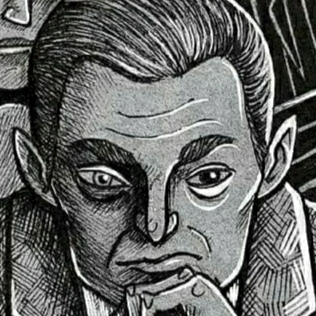- cross-posted to:
- ghazi@lemmy.blahaj.zone
- mensliberation@lemmy.ca
- feminism@beehaw.org
- cross-posted to:
- ghazi@lemmy.blahaj.zone
- mensliberation@lemmy.ca
- feminism@beehaw.org
For some women in China, “Barbie” is more than just a movie — it’s also a litmus test for their partner’s views on feminism and patriarchy.
The movie has prompted intense social media discussion online, media outlets Sixth Tone and the China Project reported this week, prompting women to discuss their own dating experiences.
One user on the Chinese social media platform Xiaohongshu — a photo-sharing site similar to Instagram that’s mostly used by Gen Z women — even shared a guide on Monday for how women can test their boyfriends based on their reaction to the film.
According to the guide, if a man shows hatred for “Barbie” and slams female directors after they leave the theatre, then this man is “stingy” and a “toxic chauvinist,” according to Insider’s translation of the post. Conversely, if a man understands even half of the movie’s themes, “then he is likely a normal guy with normal values and stable emotions,” the user wrote.



Wow media literacy is truly dead. First of all it’s satire. Everything is elevated to such ridiculous levels to poke fun at society. They’re not saying all men care about is hummers and horses. They fail at running Barbieland because the only thing they care about continues to be impressing Barbie and winning her approval. I think you were just looking for something to be mad about or weren’t paying attention if you think that was where the film landed on men and their role in society. You seem to have a very shallow understanding of the film and you need to give it another watch.
Ryan Gosling’s Ken has one of the best arcs in the entire film. He goes from being obsessed, needy, and subservient to being a competitive, stereotypical bro, confusing machismo with self confidence, and finally along with all the other Ken’s realizes that all he needs is to be himself. No competition, no flexing, no being reliant on others to feel good about himself. He gains awareness of the world and the feelings of others around him. No, by the end of the film he doesn’t find his purpose, but he is now in a place where he can explore himself and find it.
What’s wrong is the disparity between the arcs of Barbie and Ken, a disparity that isn’t unique to this movie, but is especially stark. Barbie goes on a journey of self realization and actualization. Ken goes on a journey of becoming a huge dong so he can get put back in his place and schooled by Barbie. I would rather he have no agency at all and focus on Barbie than this heavy handed, exposition heavy, wet noodle of a delivery.